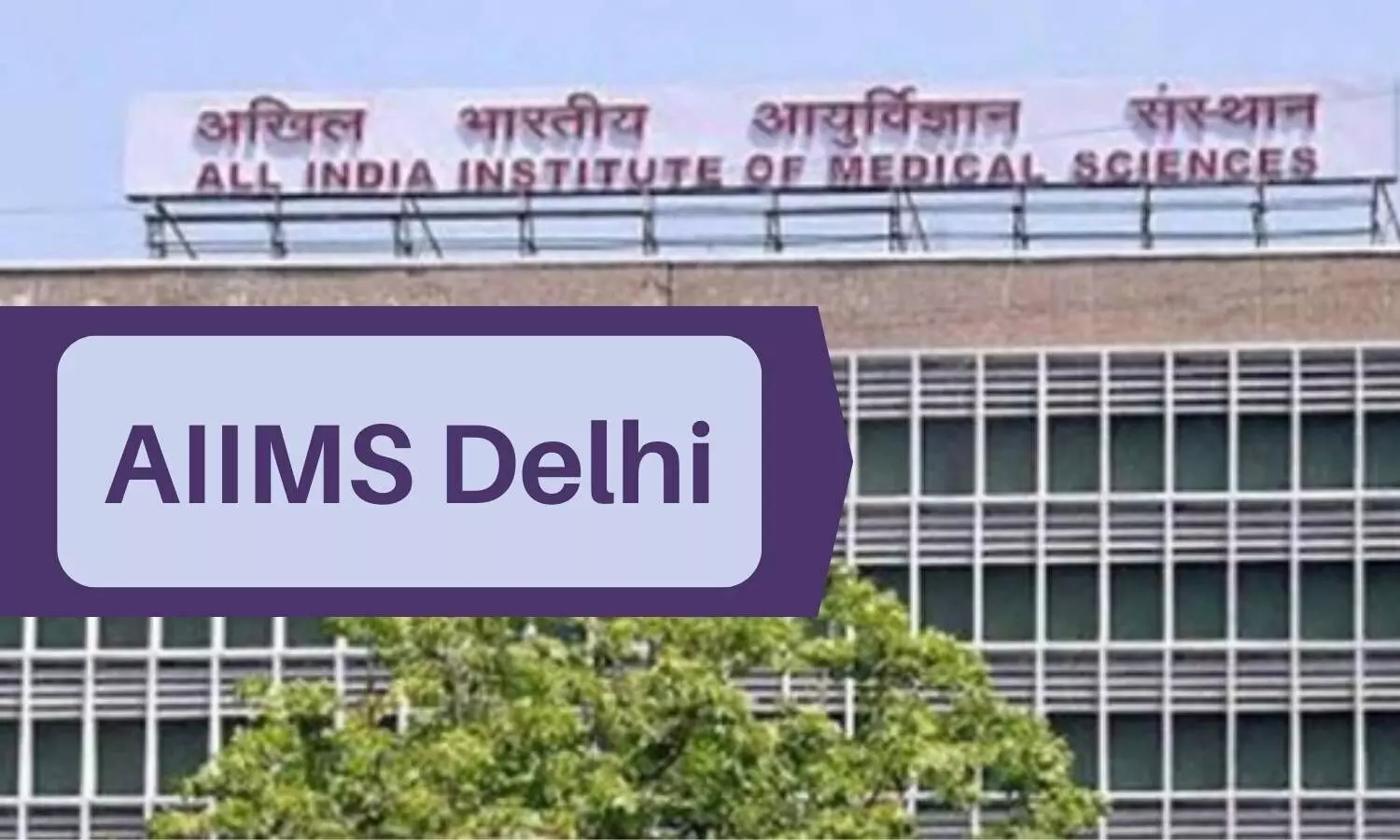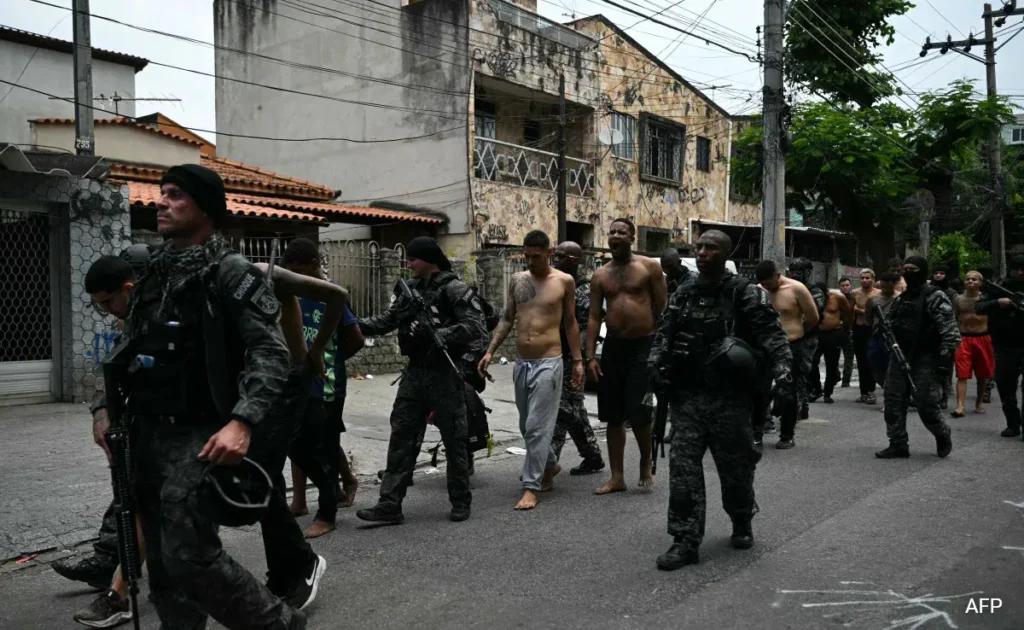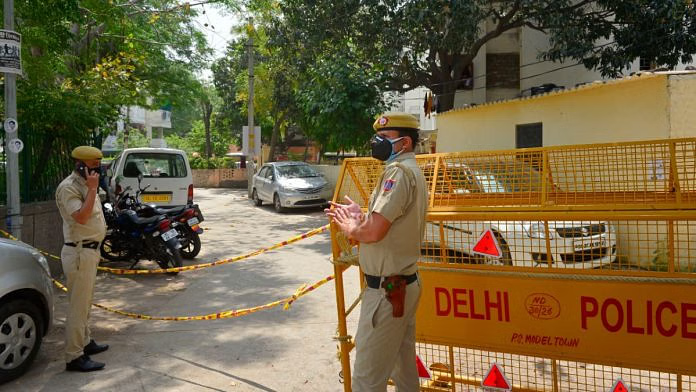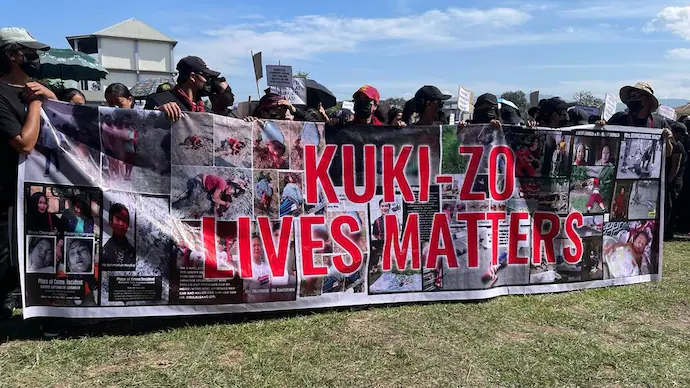Now Reading: AIIMS Delhi Doctor Attacked with Knife by Patient’s Attendant, Security Lapses Under Scrutiny
-
01
AIIMS Delhi Doctor Attacked with Knife by Patient’s Attendant, Security Lapses Under Scrutiny
AIIMS Delhi Doctor Attacked with Knife by Patient’s Attendant, Security Lapses Under Scrutiny

A doctor at AIIMS Delhi was seriously injured after being attacked with a knife by a patient’s attendant inside the hospital premises. The incident, which occurred in the early hours of Thursday, has sparked serious concerns about the safety of medical staff and the lack of effective security even in India’s top healthcare institutions.
What Happened at AIIMS?
The attack took place in the emergency department of the All India Institute of Medical Sciences (AIIMS), Delhi. According to police and hospital sources, the doctor was treating a patient when the attendant, reportedly agitated over the delay in treatment, pulled out a knife and stabbed the doctor multiple times.
The injured doctor is currently undergoing treatment and is said to be stable. The attacker was quickly restrained by hospital staff and security and later handed over to the police.
Safety Concerns in Hospitals
This isn’t the first time that frontline medical workers in India have faced violence. Incidents like these have become disturbingly common in both government and private hospitals — not just in metro cities but increasingly in Tier 2 cities like Bhopal, Nagpur, Lucknow, and Guwahati.
Doctors and hospital staff often find themselves at the receiving end of patient or attendant frustration, especially during emergencies or when treatment doesn’t go as expected. The AIIMS incident has once again exposed the fragile security arrangements and the emotional volatility in high-pressure hospital environments.
Reactions and Demands
The medical fraternity has strongly condemned the attack. Resident doctors’ associations are demanding stricter enforcement of laws protecting healthcare workers and urgent improvements in hospital security infrastructure. Many doctors have pointed out that while hospitals are equipped with advanced medical technology, basic safeguards for their own staff are often ignored.
Some have even threatened to halt non-emergency services if security protocols aren’t strengthened immediately.
Larger Impact on Healthcare Workers
For young doctors and nurses — especially those who migrate from Tier 2 and Tier 3 cities to train and work in top institutions — such incidents serve as a harsh reality check. Many leave their hometowns for better opportunities in places like Delhi or Mumbai, only to face threats in their own workplace.
The issue isn’t just physical safety. Repeated acts of violence erode the morale of healthcare professionals and may even discourage future medical students from taking up public service roles.
What Happens Next?
Delhi Police has launched an investigation into the incident and registered a case against the accused. AIIMS administration has promised to review and tighten its internal security protocols.
But for now, the focus remains on ensuring justice for the injured doctor — and addressing a growing fear that hospitals, meant to be places of healing, are becoming dangerous workplaces for those who save lives every day.

























